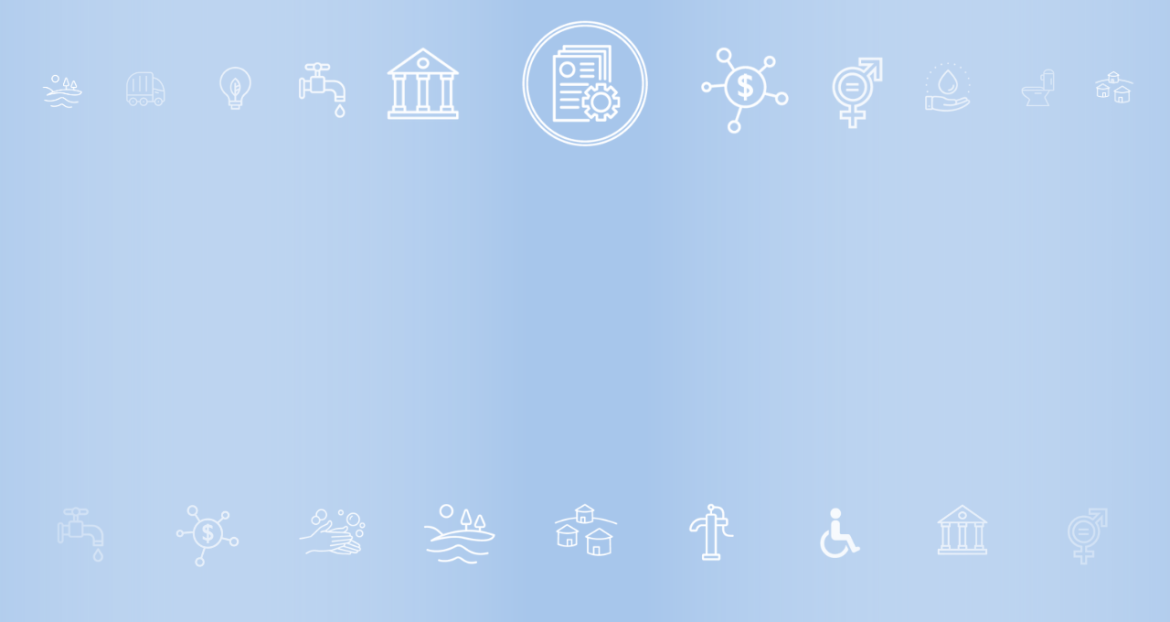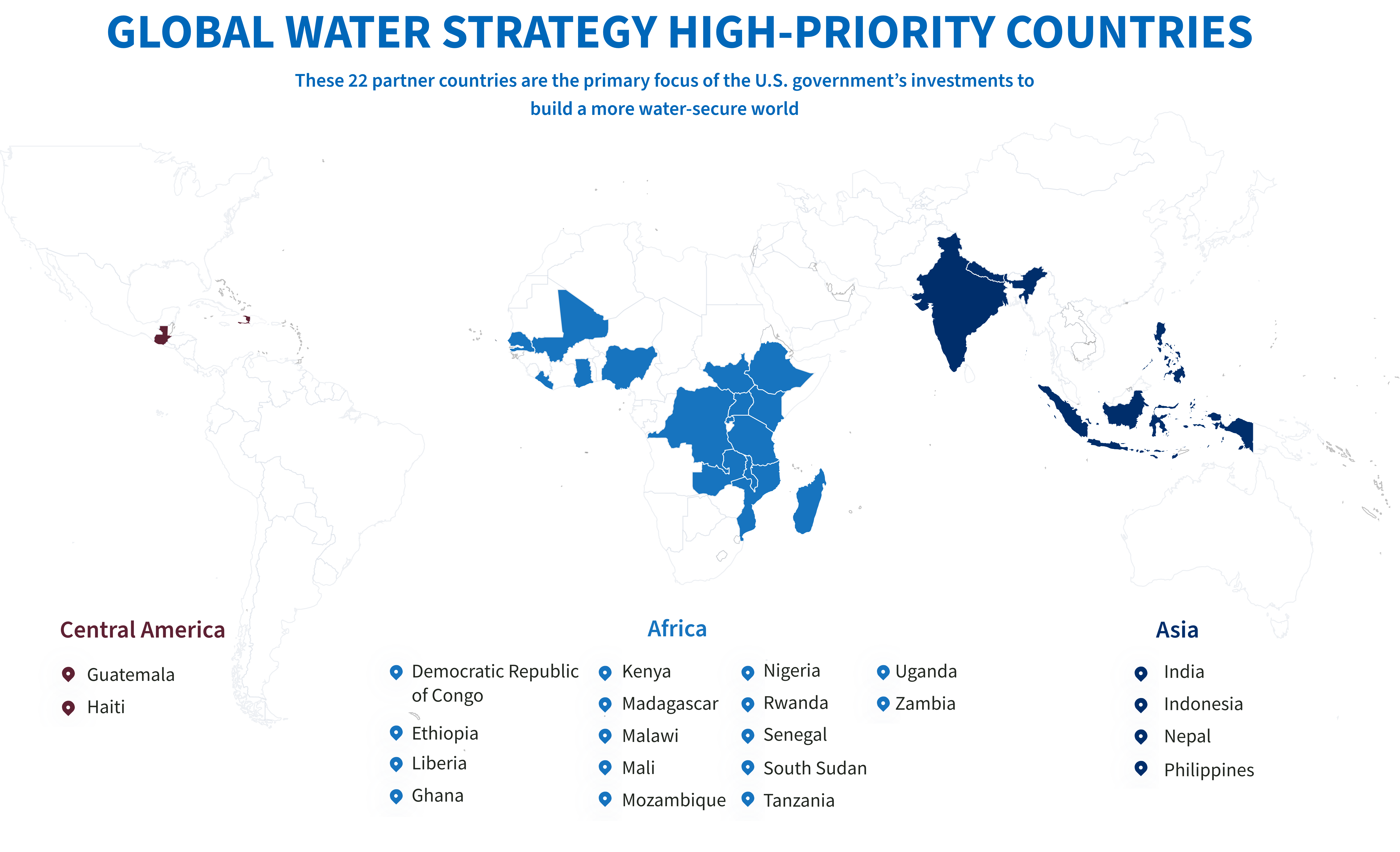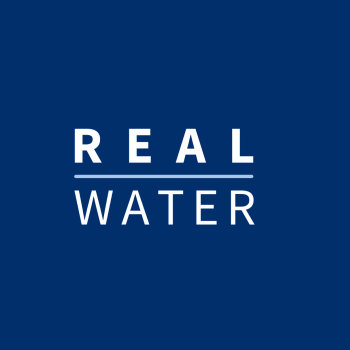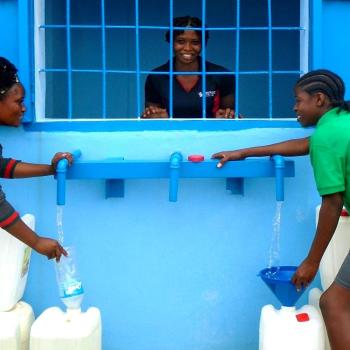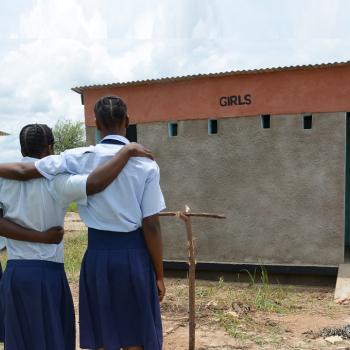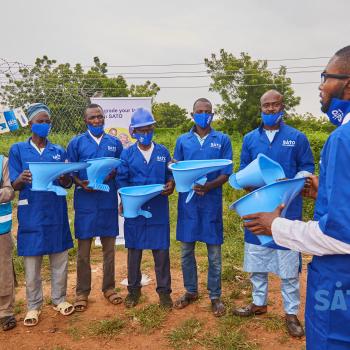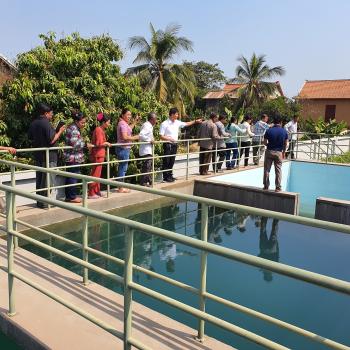Featured
The Water and Development Technical Series is a set of technical briefs that provide guidance on important topics for developing and implementing water and sanitation activities in support of the U.S. Government Global Water Strategy and USAID’s plan under the strategy.
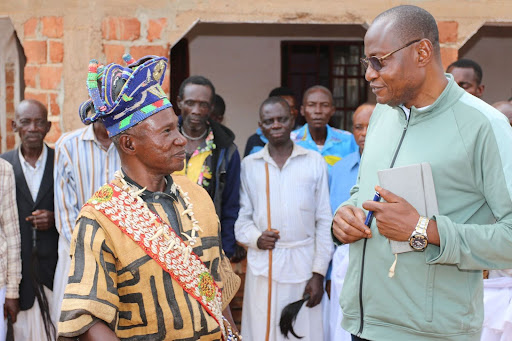
Sometimes, the strongest form of leadership is trying something new when the old way is not working.
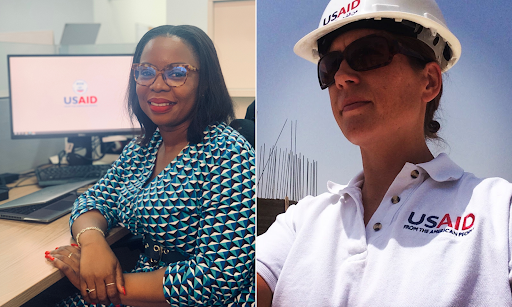
It is estimated that two billion people—a quarter of the world’s population—live without access to safe, sanitary toilets. To achieve SDG 6.2 (‘Achieving access to adequate and equitable sanitation and hygiene for all by 2030’) investment must quadruple.
However, current subsidy and demand…
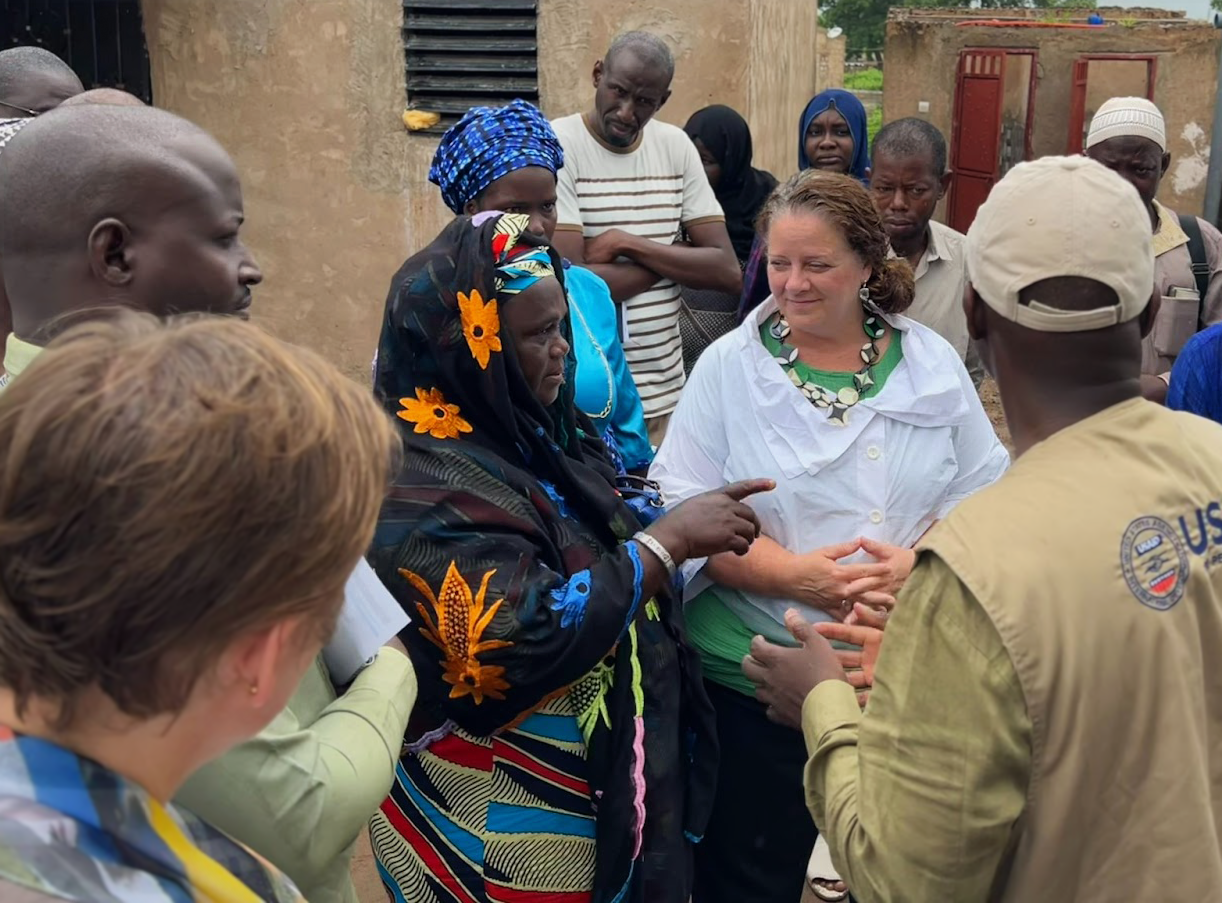
A seven-hour drive southeast of Dakar, the Tambacounda region of Senegal is the country’s largest region geographically, but also one of the most economically depressed and sparsely populated. Tambacounda residents are intimately familiar with the struggle to access water, given that temperatures…
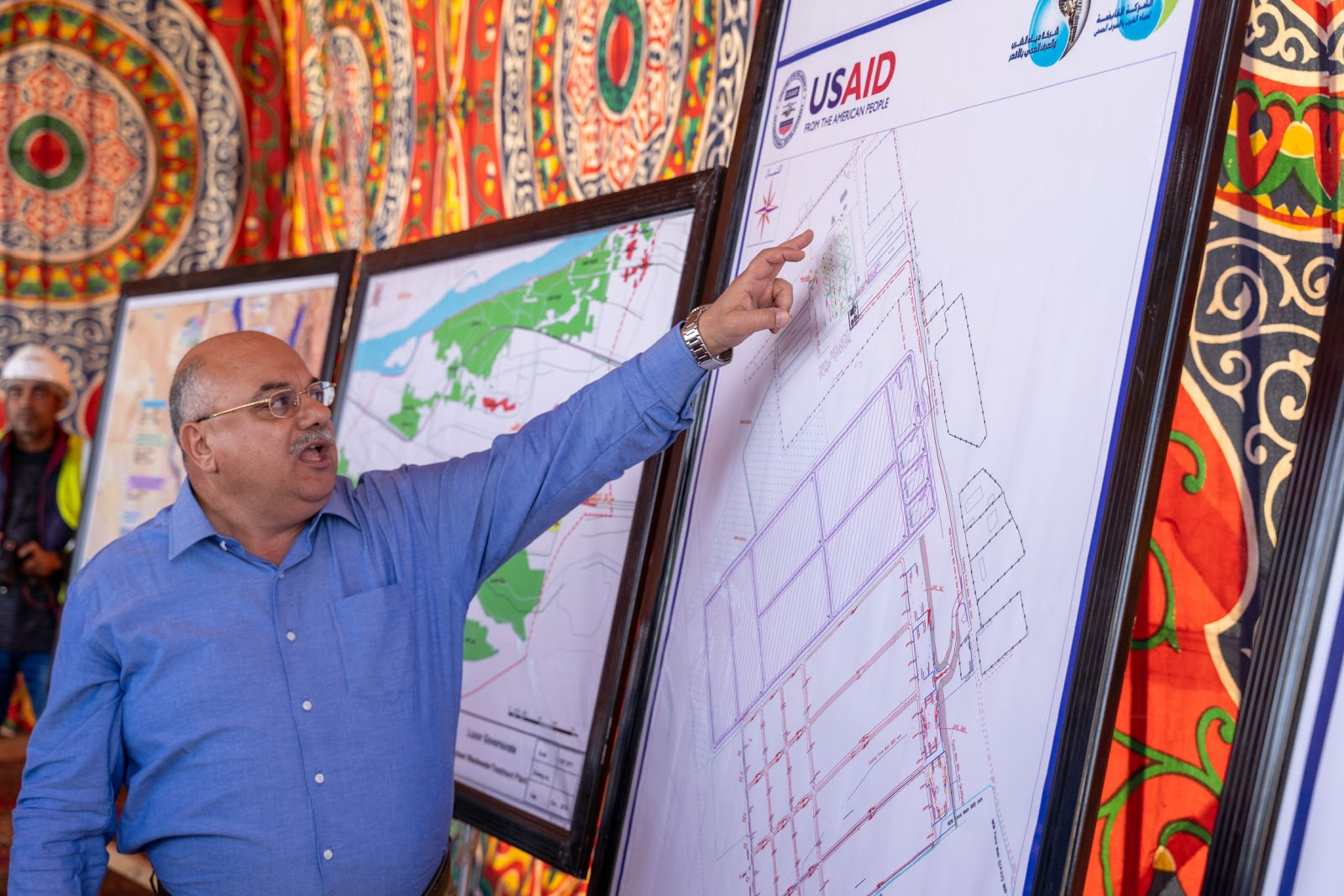
Over the past three decades, Atef Sayed played an integral role in USAID partnerships to transform Egypt’s water and sanitation systems. From the construction and rehabilitation of wastewater systems to the development of a water regulatory agency that operates and maintains these systems, Atef’s…
Body


